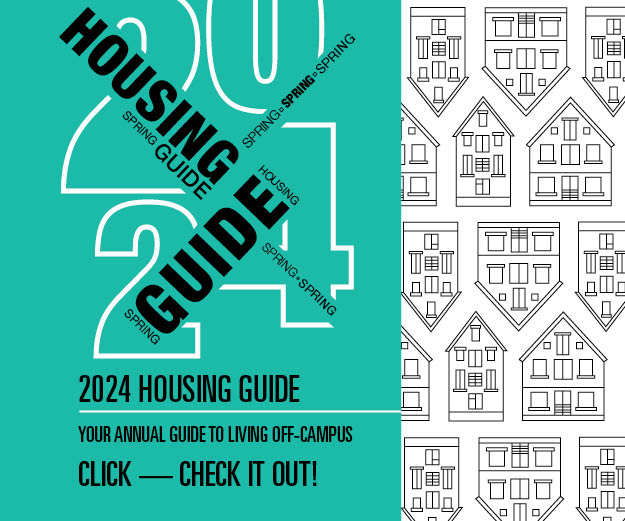Navigating the murky water of source citation is something that students and faculty can both struggle with in their work.
But knowing the law can save a freshman from being expelled over poor citation in their English 112 paper and could have saved the University’s BGeXperience program a bit of embarrassment during the first week of school.
The BG News discovered last week that 13 discussion questions used for the freshman reading assignment ‘The Kite Runner’ were put in BGeX’s Group Facilitator Handbook in late July, after being originally found by a BGeX professor online.
These questions developed by the University of Iowa’s Center For Human Rights were copy-and-pasted from UICHR’s former Web site by the professor and e-mailed to the BGeX listproc.
Some way or another, the questions then went from the e-mail directly into the handbook and off to the printer, with no citation or ‘thank you’ given to UICHR for their work.
Using another person’s creative work without giving them credit is normally a no-no especially in the realm of higher education, according to Paul Moore, director of the University Honors Program and a BGeX professor.
‘In academics we are what our ideas are, and our names are tied to those,’ Moore said. ‘Credit should be given where it is due.’
Normally, this example might be considered plagiarism or a violation of copyright law, and could have resulted in a lawsuit against the University for not giving attribution.
But UICHR had posted their discussion questions online under ‘Public Domain,’ meaning they can be used word-for-word by anyone with no legal obligation to cite the original source.
The developer of the ‘Kite Runner’ questions, Dorothy Paul, UICHR’s associate director for Community Affairs, couldn’t be reached for comment on whether other schools had used their work without giving credit.
While this may be the law, it certainly isn’t a good excuse to forget citation, said Don Nieman, dean of the College of Arts and Sciences and director of BGeX.
‘We were sloppy with this,’ Nieman said. ‘I apologize on behalf of the program. It isn’t the example we want to set for our students.’
Creative work left in the public domain can be government documents that taxpayers support, or private work that just hasn’t been copyrighted, according to Linda Dobb, a member of the University’s Copyright Committee.
There’s also a difference between students not citing public domain sources in term papers or essays, and faculty not citing sources in educational materials.
The difference is that students would be trying to pass uncited work off as their own, eventually making an educational profit from it, Dobb said.
A fair-use exemption is available for copied work that’s used by educators, but it can be interpreted in different ways, according to Colleen Coughlin, coordinator of Circulation for Jerome Library.
But regardless of the legal definition creative work falls under, students and faculty alike can always avoid trouble if they give credit to the source, Dobb said.
And since January 2005, the University’s Copyright Committee has been working on a policy to help those at BGSU understand the dos and don’ts of document use.
Modeled after an online program from the City University of New York, BGSU will soon have a Web site that guides students and faculty through all the sticky situations that could arise while working with copyrighted material.
Even after these tutorials are available to show students the black, white and gray areas of copyright law, giving credit to the original author is the right thing to do, Dobb said.
‘If you’re using someone else’s work even in things like powerslides or a speech just cite it,’ Dobb said. ‘It’s just good practice.’















